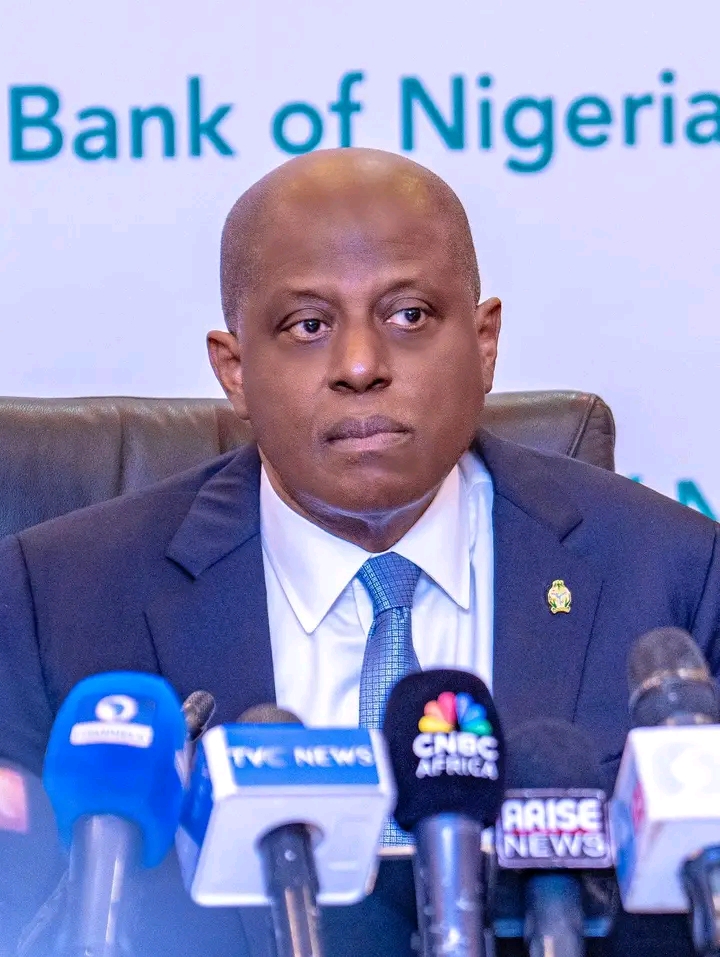By Abdul Lauya
At the 301st Monetary Policy Committee (MPC) meeting, the Governor of the Central Bank of Nigeria (CBN), Olayemi Cardoso, said inflationary pressures are gradually easing, with growing public confidence in the Naira and a stabilising economic environment.
The CBN Governor pointed to recent monetary reforms as key drivers behind the positive shift, including stability in the foreign exchange market, a trade surplus, and renewed investor confidence.
“The CBN is committed to achieving single-digit inflation, and we are managing expectations with greater transparency,” he noted.
He also reaffirmed the CBN’s collaboration with fiscal authorities to ensure policy consistency and reduce economic uncertainty, a move seen by observers as critical for sustained recovery.
The MPC observed that financial soundness indicators remain stable and urged continued regulatory vigilance to maintain resilience in the banking system.
Cardoso added that financial inclusion efforts are advancing, particularly with the rollout of the non-resident Bank Verification Number (BVN) to connect Nigerians in the diaspora to the financial system.
On banking recapitalisation, the Governor revealed that eight banks have already surpassed the minimum requirement ahead of the April 2026 deadline.
He said investor interest in the sector is growing, reflecting confidence in Nigeria’s financial reforms.
He clarified that the CBN’s Purchasing Managers’ Index (PMI) captures business sentiment and does not represent the Bank’s official view.
“The CBN is evolving, embracing openness, thought leadership, and institutional reform,” Cardoso said, describing a shift away from the traditional image of the apex bank.
The Governor’s remarks come at a time when Nigerians are looking for signs of relief from prolonged economic hardship.
While challenges persist, the tone from the CBN leadership suggests a deliberate effort to restore credibility, attract investment, and put the economy on a more sustainable path.


